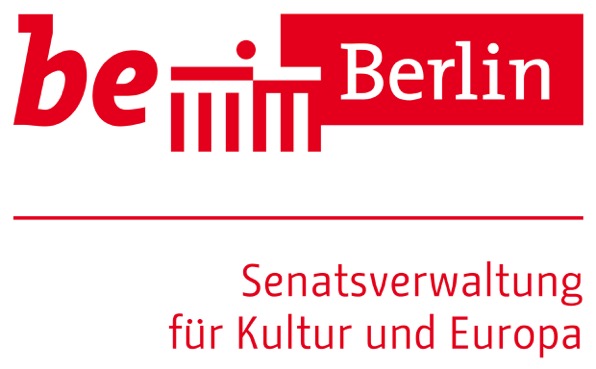The first cycle of the program 12 Moons is dedicated to the relationships between the filmmakers, the protagonists and their mothers.
When I hear the deepest truths I speak coming out of my mouth sounding like my mother’s, even remembering how I fought against her, I have to reassess both our relationship as well as the sources of my knowing.
Audre Lorde
Culturally, the figure of the Mother functions as a multifarious and reductive screen of projection. She serves as a symbolic placeholder for the nation-state or as an allegory for failed attempts at overcoming the Oedipal complex. She becomes the epitome of authentic femininity, while her sexual desire is being negated. She is a metaphor for nature and socialization at the same time. The history of film offers myriads of such stylized representations – ranging from the glorification of the Mother to her demonization.
Mothers are subjected to an unrealistic multitude of attributions and ascribed duties that force her into positions so demanding that all those involved are inevitably doomed to fail. In turn, the mother-child relationship can be one of the most crucial relationships in our lives. Yet, it is also the first relationship to get hurt in our current social structure. There cannot be a “good” mother amidst wrongs. Only wounds remain.
The first cycle attends to this wounds. The program presents five powerful films from various parts of the world: the filmmakers negotiate their relationships with their mothers, share their experiences and offer insights into their emotional worlds. The results are mementos, both tender and skeptical, encounters with complex beings, both alien and familiar. In their attempt at creating mutual understanding, these films demonstrate the vulnerability of daughters and mothers alike with high sensitivity and disarming honesty.
The camera becomes a tool for creating professional distance, while also serving as a portal into intimate worlds, enabling the filmmakers to reflect on their daughterhood: their desire for autonomy and boundaries as well as their yearning for recognition. Different life plans compete, things unspoken come to light, moments of reconciliation and intimateness are followed by moments of distancing. Greater societal issues always resonate from these tangible mother-daughter conflicts.
The filmmakers have found their own ways of confronting their biographies and of working through them. Their working process has brought them closer to themselves and enabled them to step into their personal as well as political power. With their courageous films, they invite us to look deeper into our own mother wound or to see it in an entirely new light.




